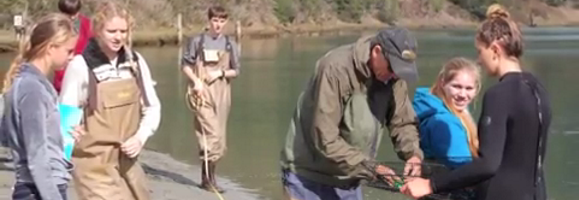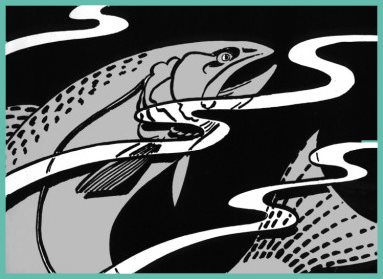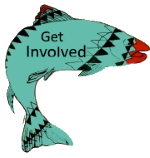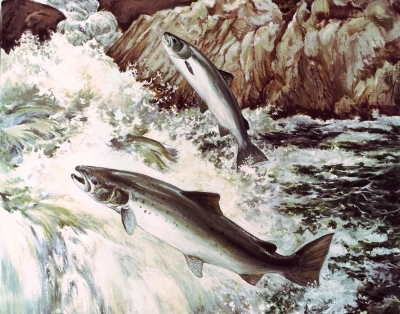SRA Supports the Mendocino High School SONAR Program

As part of its educational mission, SRA is helping to support the Mendocino High School life science program which culminates in the SONAR program. SONAR (School of Natural Resources) prepares students to become environmentally aware citizens and trains these individuals for careers in environmental science.
The program began there in 2001 and has now accumulated over 15 years of meaningful, scientific data which is collected in partnership with the Department of Fish and Wildlife (under the direction of Sean Gallagher) and Calif. Dept of Parks and Recreation.
The students study not only the biology and ecology of our local ocean, river and stream systems, but also learn the scientific protocols for actual field research, and how to write accurate science reports. The data the students collect is used by California Department of Fish and Game (DFG) and National Oceanographic and Aeronautical Administration (NOAA) and incorporated into their studies of marine and estuarial ecology.
Watch the SONAR SRA Video to Learn More
High School Students grades 10-12 are taught the scientific protocols for the study of adult and juvenile fish, redds (nests), crabs, shrimp and other species. Surveys are done in the Big River estuary, on the Little North Fork of Big River, and in the intertidal pools off the Mendocino Headlands. Many SONAR students have gone on to university studies and careers in biology and environmental science. Graduates have tackled a myriad of environmental concerns from multiple professions which truly exemplifies the interdisciplinary approach needed to create a more sustainable future.
Salmon population surveys are done in fall and spring; fish and their redds, or nests, are measured and recorded. Seine netting surveys are done in the estuary before the big rains start in the fall and all identified species are recorded. An ongoing study of the presence of the invasive species of European Green crabs has been done for three years using a variety of types of traps in Big River estuary. Last year the students also collected native plant seeds from the Georgia Pacific property which will be germinated and used to help repopulate the grounds when the clean-up process there is completed.
Salmon Restoration Association has provided grants for the past 5 years to maintain the SONAR program as a two-course curriculum of natural science and English. Tyler Grinberg, a graduate of the SONAR program who went on to study ecology and environmental science at U.C. Berkeley, is now the biological sciences teacher and leads the Sonar science program, and teams with Doug Nunn who introduces the students to literature about nature and hones their composition skills.
During the 2015-2016 school year, SONAR students are conducting a complete riparian survey of the Big River Watershed from Mendocino Bay, through the estuary, up to the Little North Fork location.






